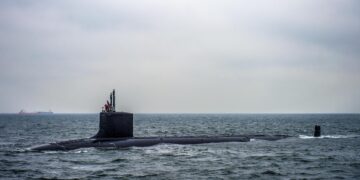December 6, 2024
The hidden logic of Trump’s national security picks

As President-elect Donald Trump announces his selections for cabinet posts, there is a definite pattern of choosing figures from outside the political mainstream. That is perhaps understandable for a candidate that had many cabinet-level appointments turn abruptly against him in his first term. Some of the selections even seem to constitute brazen challenges to the nation’s governing elite and their institutions. To be sure, these unconventional choices also reflect Trump’s new power deriving from his significant electoral victory—taking all seven battleground states, the popular vote, and both chambers of Congress.
In the national security realm, Trump has promised the American people “peace through strength” and found widespread support for this formula, which may hark back to the golden era of Ronald Reagan. And that’s one consistent theme among all of his foreign policy choices, who come from a variety of backgrounds.
Several of the picks could be considered classic conservative “hawks” in that they have continuously advocated for military escalation against rivals. Sen. Marco Rubio (R-FL) and Rep. Mike Waltz (R-FL), nominated to the key positions of secretary of state and national security advisor respectively, certainly fit in this category. Nonetheless, we can already see examples of Trump’s unique approach influencing his top advisors. Thus, Waltz actually decried President Joe Biden’s recent decision to allow Ukraine to fire U.S.-made missiles directly into Russian territory: “This is another step up the escalation ladder, and no one knows where this is going.”
More on Western Hemisphere

July 8, 2025

By Daniel DePetris and Christopher McCallion
July 2, 2025

Featuring Jennifer Kavanagh
June 11, 2025

Featuring Edward King
June 3, 2025
Events on Grand strategy





